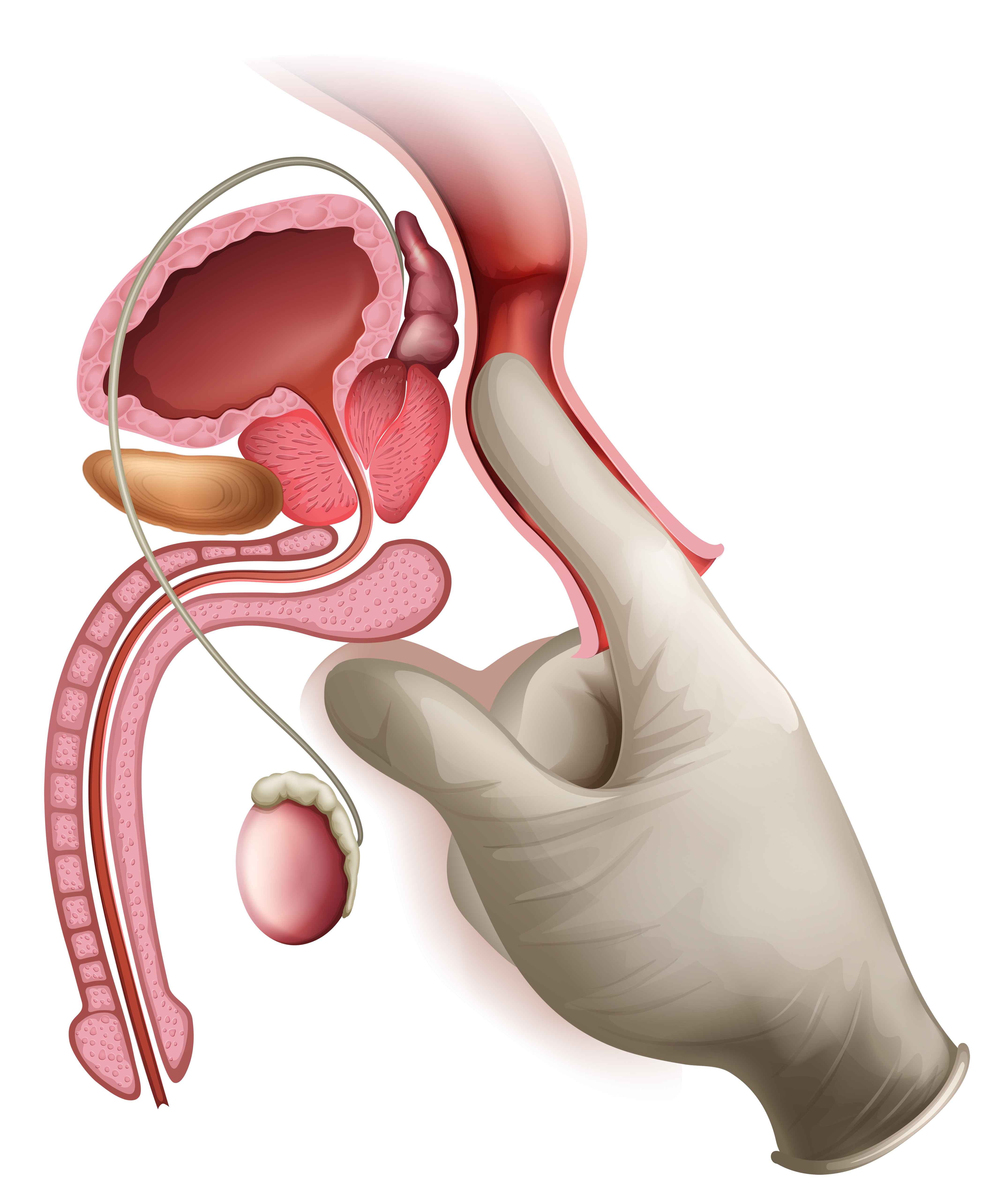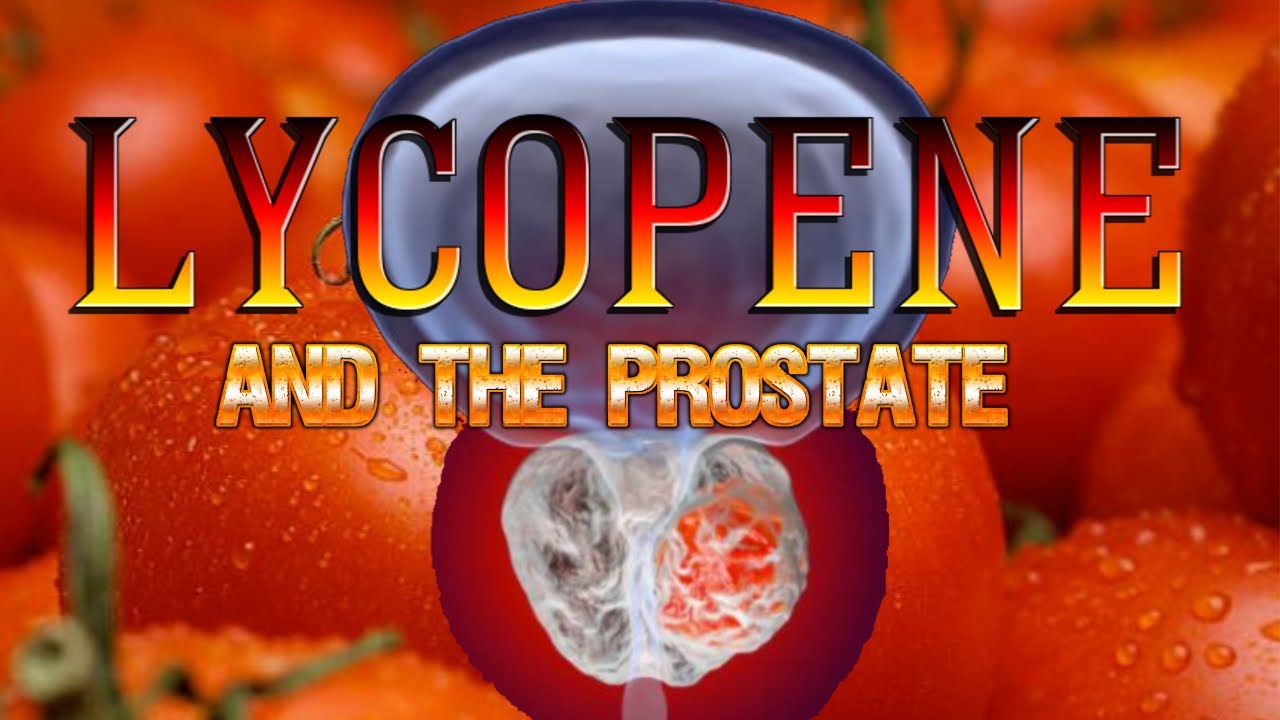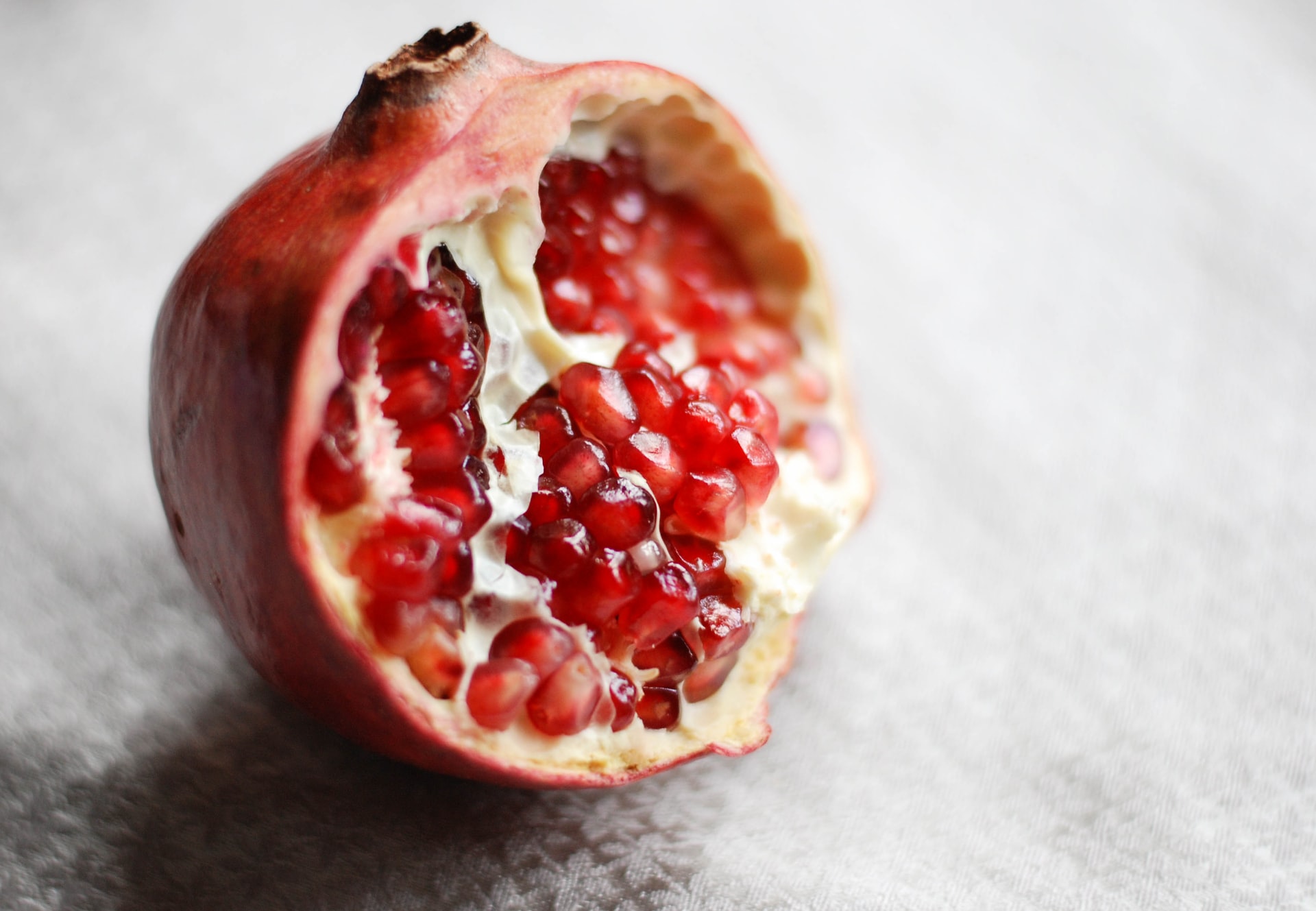Lycopene - How It Can Reduce Prostate Cancer Risk
People who consume a high-lycopene diet may be less likely to get prostate cancer.
Author:Suleman ShahReviewer:Han JuJul 05, 20227.8K Shares391.1K Views

Lycopene, a carotenoid, is responsible for the red color of several fruits such as pomegranate, tomato, papaya, and so on.
People who consume a high-lycopene diet may be less likely to get prostate cancer - a disease that is most common in men aged 40 to 50.
Lycopene supplements are abundant in food in North America and Europe. According to studies published in the American journal of epidemiology in 2002, men with high serum lycopene levels are more vulnerable to prostate cancer. In contrast, those with a high lycopene diet are less vulnerable.
Men with prostate cancer are treated with surgery, and the tumor is detonated in care research reported by The British Journal of Urology. Half of the men were given lycopene supplements, while the other half were not.
Those who take lycopene supplements have fewer bone aches and live longer than those who do not. This illustrates the significance of lycopene in the treatment of prostate cancer. Lycopene lowers the risk of cancer by differentiating its influence on the plasma Insulin-like growth factor, Connexins, and, most importantly, free radicals.
What Is Lycopene?
Lycopene is a brilliant red carotenoid hydrocarbon found in tomatoes and other red fruits and vegetables such as red carrots, watermelons, grapefruits, and papayas. It does not occur in strawberries or cherries. Despite being a carotene chemically, lycopene has no vitamin A action.
Lycopene is an intermediary in the production of various carotenoids, including beta-carotene, which is responsible for yellow, orange, or red pigmentation, photosynthesis, and photoprotection in plants, algae, and other photosynthetic organisms.
Lycopene, like all carotenoids, is a tetraterpene. It is not water-soluble. Lycopene's intense red hue is due to eleven conjugated double bonds. Lycopene is used as a food coloring because of its bright hue.
Lycopene Reduces Prostate Cancer
Three ideas have been proposed to explain the mechanism of action of lycopene to reduce prostate cancer:
- Lycopene lowers insulin growth factor levels, which is important in tumor development. It is caused by the interaction of insulin growth factor and growth hormone. When growth hormone is produced from the anterior pituitary portion, it stimulates the liver to produce Insulin Like Growth Factor (IGF), and IGF secretion limits GH secretion through a feedback process. IGFs are proteins with a strong sequence resemblance to insulin and have two cell surface receptors, IGF-1 and IGF-2, of which IGF-1 is proposed here. The purpose of this article is not to emphasize the structure and chemistry of IGF, but rather to shed light on its function in cell proliferation and apoptosis prevention.
- Lycopene inhibits the gap-junctional communication of prostate cells. As a result, cells with enhanced junctional connection develop more slowly than cells with less junctional communication.
- The third explanation of lycopene's mechanism of action is its antioxidant property. Lycopene is a powerful antioxidant, and its antioxidant activity is related to the eleven conjugated links in its structure. Cells produce free radicals as a byproduct. Free radicals may interact with cells and inflict significant harm. According to Chadstone's research, the lack of the Betaionone ring in lycopene confers anti-oxidant properties. It activates Phase II detoxification enzymes, which may remove free radicals, enhancing its anti-oxidant effect. Lycopene has double the power to quench free radicals as beta-carotene. This is the most plausible explanation for lycopene's method of action.

Lycopene & the Prostate
Lycopene Effects
- It is beneficial in the treatment of hypertension, mainly moderate hypertension.
- Lycopene is naturally beneficial in the creation of vitamin A. As a result, it aids in the improvement of vision.
- Lycopene raises High Density Lipid (HDL) levels, aiding in the absorption of Lower Density Lipids (LDL), avoiding atherosclerosis and hypercholesterolemia. It also protects cholesterol from oxidation as an anti-oxidant.
- Lycopene may also be used to treat oral leukoplakia, a precancerous mucous membrane disorder characterized by white spots.
Lycopene Sources
Lycopene, which is present in many fruits and vegetables, particularly tomatoes and watermelon, may have an essential role in lowering the incidence of prostate cancer. Other supplements include Acai, Goji, Noni, Pomegranate, Curcumin, Soy extracts, Artichoke, Asparagus, Barley grass, and others.
The following foods have the most lycopene per 100 grams:
- 45.9 mg in sun-dried tomatoes
- 21.8 mg in tomato purée
- 5.2 mg in guava
- 4.5 mg in watermelon
- 3.0 mg in fresh tomatoes
- Tomatoes in cans: 2.7 mg
- 1.8 mg in papaya
- 1.1 mg in pink grapefruit
- 0.5 mg in cooked sweet red peppers
Lycopene Dosage
Lycopene is included in the multivitamin formulation. They are available in capsule form. 5-10 mg a few times a week is sufficient for those who do not consume many veggies or fruits. However, if you eat a healthy diet rich in fruits and vegetables, there is no need to take lycopene supplements.
People Also Ask
What Is The Best Source Of Lycopene?
Lycopene levels are greatest in processed tomatoes, although watermelon, pink grapefruit, and fresh tomatoes are all excellent sources.
How Does Lycopene Protect Your Body?
Scientists think that since it is not converted into Vitamin A in our systems like other carotenoids, its antioxidant effects are boosted, helping to decrease cell damage that may lead to cancer. According to recent research, lycopene lowers bad cholesterol (LDL) while increasing good cholesterol (HDL).
What Is Lycopene Side Effects?
Low blood pressure, an increased risk of bleeding, and gastrointestinal difficulties are possible side effects. Lycopenaemia, a disease in which the skin becomes orange after consuming many lycopene-rich meals, has been reported.
What Is Lycopene Good For?
Lycopene is a potent antioxidant that provides several healthadvantages, including sun protection, enhanced heart health, and a decreased risk of some cancers. Though it is available as a supplement, it may be most beneficial when ingested via lycopene-rich meals such as tomatoes and other red or pink fruits.
Does Lycopene Help Fight Prostate Cancer?
The findings of research in which men newly diagnosed with prostate cancer were given lycopene twice a day for three weeks revealed that lycopene reduces the danger and proliferation of prostate cancer cells, as well as a drop in the levels of PSA, connexin 43, and IGF-1 in patients.
Conclusion
Lycopene is a potent antioxidant that provides several health advantages, including sun protection, enhanced heart health, and a decreased risk of some cancers.
Though it is available as a supplement, it may be most beneficial when ingested via lycopene-rich meals such as tomatoes and other red or pink fruits.

Suleman Shah
Author
Suleman Shah is a researcher and freelance writer. As a researcher, he has worked with MNS University of Agriculture, Multan (Pakistan) and Texas A & M University (USA). He regularly writes science articles and blogs for science news website immersse.com and open access publishers OA Publishing London and Scientific Times. He loves to keep himself updated on scientific developments and convert these developments into everyday language to update the readers about the developments in the scientific era. His primary research focus is Plant sciences, and he contributed to this field by publishing his research in scientific journals and presenting his work at many Conferences.
Shah graduated from the University of Agriculture Faisalabad (Pakistan) and started his professional carrier with Jaffer Agro Services and later with the Agriculture Department of the Government of Pakistan. His research interest compelled and attracted him to proceed with his carrier in Plant sciences research. So, he started his Ph.D. in Soil Science at MNS University of Agriculture Multan (Pakistan). Later, he started working as a visiting scholar with Texas A&M University (USA).
Shah’s experience with big Open Excess publishers like Springers, Frontiers, MDPI, etc., testified to his belief in Open Access as a barrier-removing mechanism between researchers and the readers of their research. Shah believes that Open Access is revolutionizing the publication process and benefitting research in all fields.

Han Ju
Reviewer
Hello! I'm Han Ju, the heart behind World Wide Journals. My life is a unique tapestry woven from the threads of news, spirituality, and science, enriched by melodies from my guitar. Raised amidst tales of the ancient and the arcane, I developed a keen eye for the stories that truly matter. Through my work, I seek to bridge the seen with the unseen, marrying the rigor of science with the depth of spirituality.
Each article at World Wide Journals is a piece of this ongoing quest, blending analysis with personal reflection. Whether exploring quantum frontiers or strumming chords under the stars, my aim is to inspire and provoke thought, inviting you into a world where every discovery is a note in the grand symphony of existence.
Welcome aboard this journey of insight and exploration, where curiosity leads and music guides.
Latest Articles
Popular Articles
